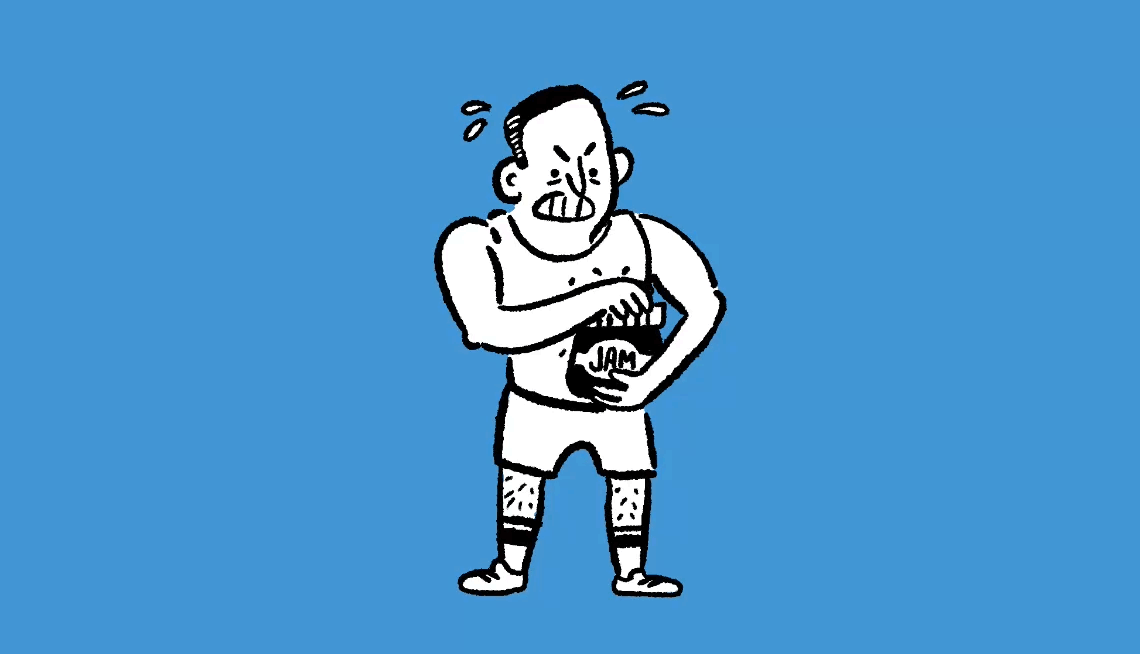AARP Hearing Center


I have trouble opening jars and buttoning clothes. Is there anything I can do about it?
Difficulty using our hands as we get older is under-acknowledged, yet it’s a very common and serious problem. Think about how many daily activities, including cooking, eating, getting dressed, taking medication and typing, rely on the use of your fingers and hands.
As a physician, I’ve seen hand problems directly impact the quality of my patients’ aging. If it’s hard to cut food, for instance, they’ll be more likely to stay home rather than dine with friends, which can lead to social isolation. Research shows that a reduction in grip strength and hand flexibility increases the risk of falling, further hindering the ability or desire to be out in the world. In fact, a new Vanderbilt University Medical Center study found that grip strength is related to our overall well-being.
What causes hand problems? One is the natural weakening of our body. As we age, muscle mass declines. If this happens to our hands, we lose the force and power we once had to hold tightly and twist, making it tough to open a tight jar or pill bottle.


Ask Dr. Adam
Adam B. Rosenbluth, M.D., is an internist and cardiologist in New York City. Each Monday, he’ll weigh in on your questions about how to make your body work better for you. His AARP book will be published in 2027. Join in on the conversation on social media @dradamrosenbluth to learn to move the needle on your personal health in an achievable way.
Another reason for hand difficulty is inflammation. When the cushioning in our hands and finger joints wears away because of arthritis, it not only lessens flexibility but also reduces range of motion. This combination makes it tough to manipulate small or thin objects, such as opening or closing buttons or pulling a credit card from your wallet.
Neurological issues like stroke-related damage, Parkinson’s disease and cognitive decline can negatively affect small motor skills. My 91-year-old mother recently told me how embarrassed she felt when she was on the bus and taking a long time to retrieve her transportation pass from her purse. The frustrated driver yelled out in front of the other riders: “Hey lady, forget it. Just sit down!”
Carpal tunnel syndrome is another common hand issue. It’s caused by pressure on the median nerve in the carpal tunnel of our wrist, and it’s more prevalent as we get older. A 2020 study found that more than 22 percent of those over 55 years old experience carpal tunnel. Common symptoms include swollen, tight or stiff fingers, with particular loss of dexterity and strength in the thumb. When you have this disorder, you may accidentally drop things as a result of a loosening grip.




































































You Might Also Like
#1 Exercise for Your Knees
Try this to strengthen the muscles that support your knees
32 Ways to Improve Your Bone Health
How to strengthen your bone density
Yoga Poses to Fight Osteoporosis
Build bone mass with these five easy moves